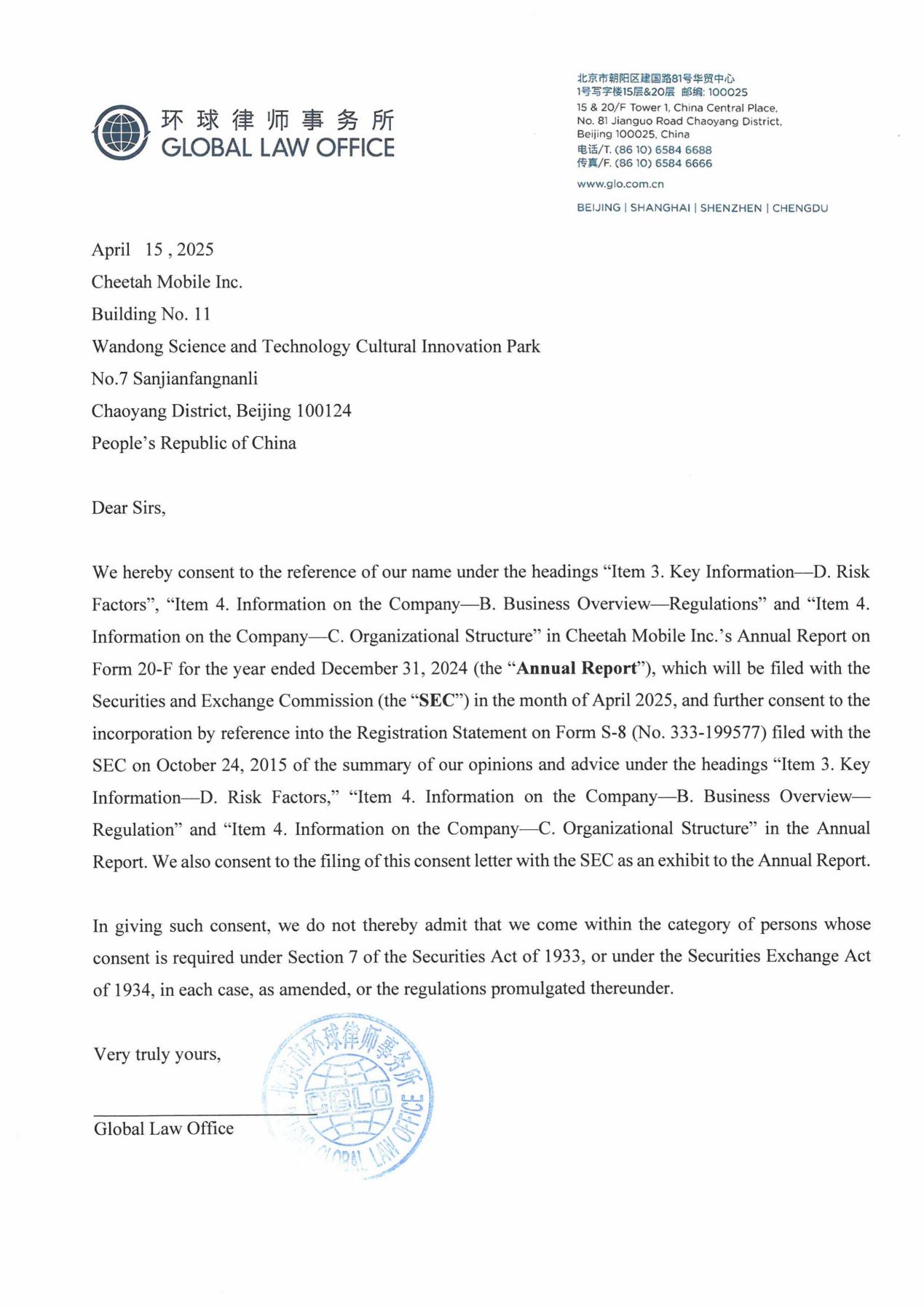Trademark license agreements must be filed with the Trademark Office for record. On December 13, 2021, for the purposes of enhancing trademark administration, strengthening the business guidance for trademark law enforcement China National Intellectual Property Administration issued the Standards for Determining General Trademark Violations, or the Circular 34, which became effective on January 1, 2022. The Circular 34 provides standards for the investigation and punishment of general trademark violations by departments in charge of trademark law enforcement. On January 13, 2023, the National Intellectual Property Administration issued the PRC Trademark Law (Draft Revision for Comment), which aims at further improving the trademark system and solving the outstanding problems in the field of trademarks.
Regulations on Internet Infringement
On May 26, 2020, the National People’s Congress promulgated the Civil Code of the People’s Republic of China, or the Civil Code, which became effective on January 1, 2021. Under the Civil Code, an internet user or an internet service provider that infringes upon the civil rights or interests of others through using the internet assumes tort liability. If an internet user infringes upon the civil rights or interests of another through using the internet, the person being infringed upon has the right to notify and request the internet service provider whose internet services are facilitating the infringement to take necessary measures including the deletion, blocking or disconnection of an internet link. After receiving the notice, the network service provider shall promptly forward the notice to the relevant network user and take necessary measures in light of the preliminary evidence of infringement and the type of service; if the network service provider fails to take necessary action after being notified, it shall assume joint and several liability with the network user with regard to the aggravated part of the damage. If the network user or network service provider is damaged due to wrong notice, the right holder shall assume tort liability. Where it is otherwise prescribed in law, such provisions shall prevail. If, after being notified, the internet service provider fails to take necessary measures in a timely manner to end the infringement, it will be jointly and severally liable for any additional harm caused by its failure to act. According to the Civil Code, civil rights and interests include the personal rights and rights of property, such as the right to life, right to health, right to name, right to reputation, right to honor, right of portraiture, right of privacy, right of marital autonomy, right of guardianship, right to ownership, right to usufruct, right to security interests, copyright, patent right, exclusive right to use trademarks, right to discovery, right to equity interests and right of heritage, among others.
On May 8, 2017, the Supreme People’s Court and the Supreme People’s Procuratorate released an Interpretation on Several Issues Concerning the Application of Law in the Handling of Criminal Cases Involving Infringement of Citizens’ Personal Information, or the Interpretation. The Interpretation clarified several concepts, including “citizen’s personal information,” “provision”, and “unlawful acquisition”, in relation to the crime of “infringement of citizens’ personal information” stipulated in the Criminal Law. Pursuant to the Interpretation, “citizen’s personal information” refers to all kinds of information recorded in electronic form or any other form, which can be used, independently or in combination with other information, to identify a specific natural person’s personal identity or reflect a specific natural person’s activities, including the natural person’s name, identity certificate number, communication and contact information, address, account password, property status, and whereabouts, among others.
On December 29, 2020, the Supreme People’s Court amended the Provisions of the Supreme People’s Court on Several Issues concerning the Application of Law in the Trial of Cases involving Civil Disputes over Infringements upon Personal Rights and Interests through Information Networks, or the Provisions, which became effective on January 1, 2021. The Provisions aims at correctly trying cases involving civil disputes over infringements upon personal rights and interests through information networks.
Regulations on Information Content and Censorship
Internet content in China is regulated and restricted from a state security standpoint. Internet companies in China are required to complete security filing procedures and regularly update information security and censorship systems for their websites with local public security bureau.
On February 4, 2015, the CAC promulgated the Provisions on the Administration of Usernames of Internet Users’ Accounts, which took effect on March 1, 2015 and require internet operators like us to censor usernames, icons and profiles provided by internet users and to refuse registration of non-compliant usernames or icons.
On December 15, 2019, the CAC released the Provisions on Governance of the Network Information Content Ecology, with effect from March 1, 2020. According to the Provisions, network information content producers are encouraged to produce, reproduce and publish positive information, such as “contents of revealing highlights of economic and social development and reporting the hard work and affluent life of the people”. Meanwhile, network information content producers shall not produce, reproduce or publish any illegal information, such as information that “undermines national security, divulges state secrets, subverts the state power or jeopardize the national unity”, and shall take measures to prevent and resist the production, reproduction and publication of adverse information, such as “overstated headlines that are significantly inconsistent with the contents”. Meanwhile, the network information content service platforms are required to fulfill their primary responsibilities for management of information contents, strengthen the governance of the network information content ecology on their respective platform, and create a positive, healthy and amicable network culture.


